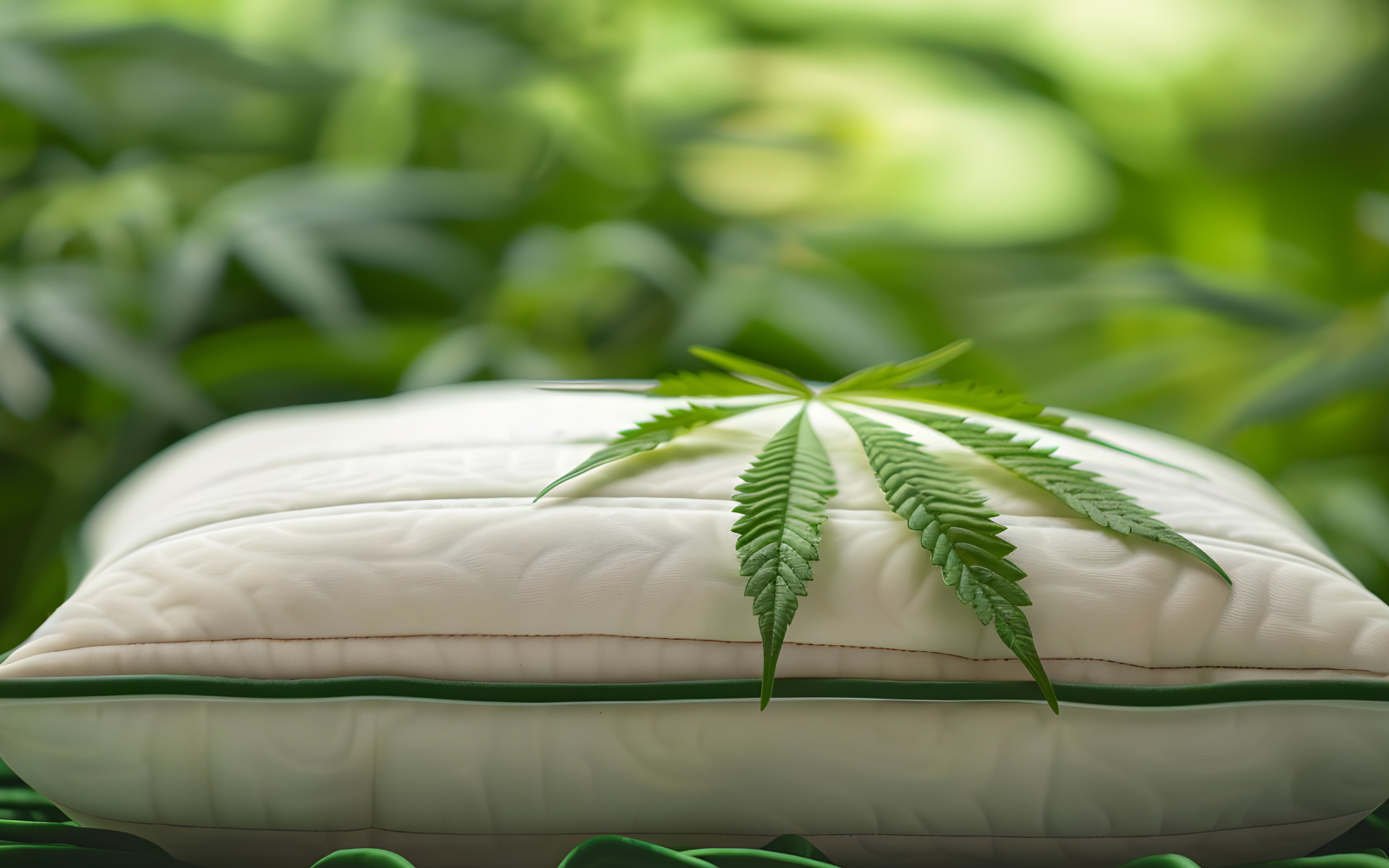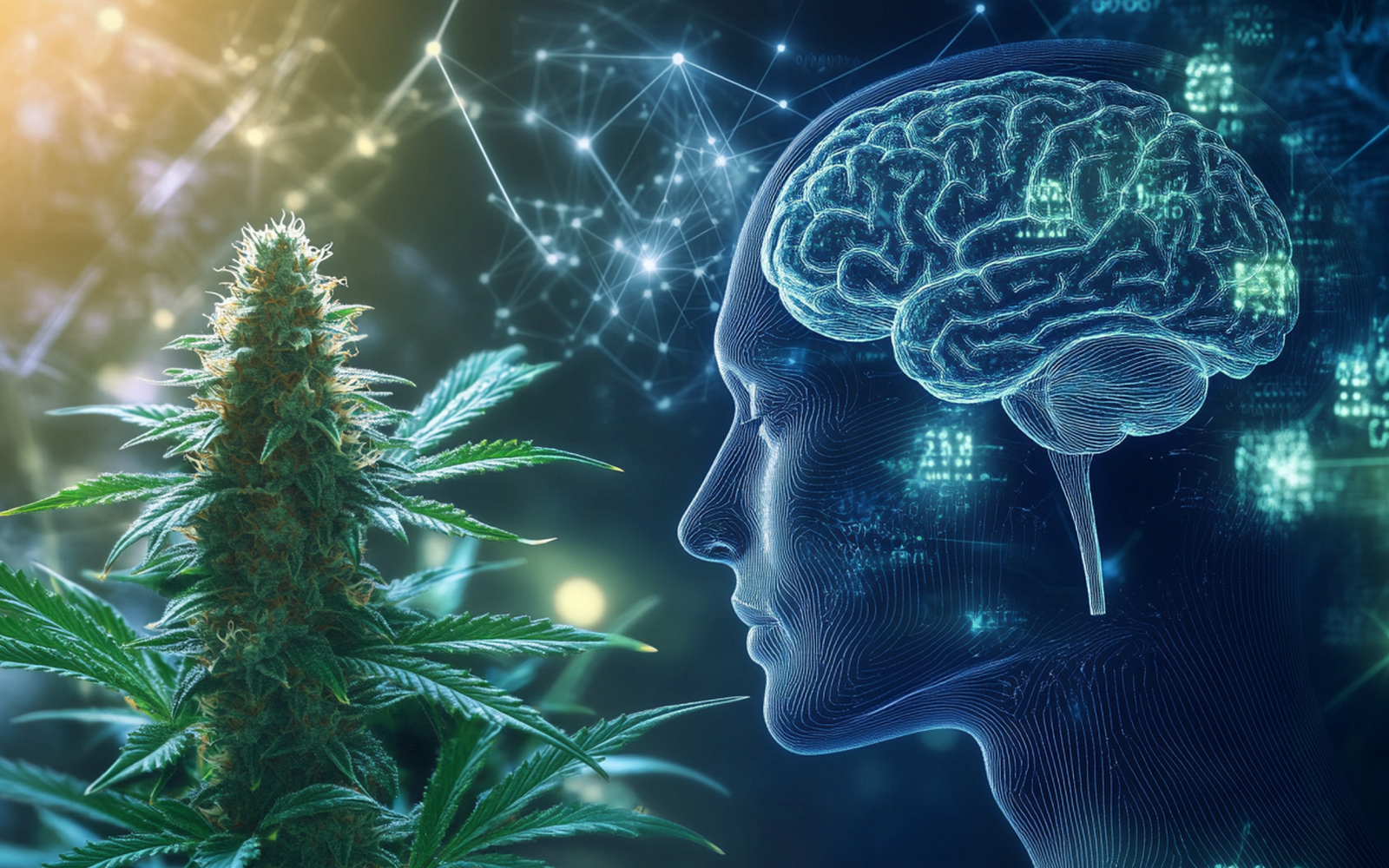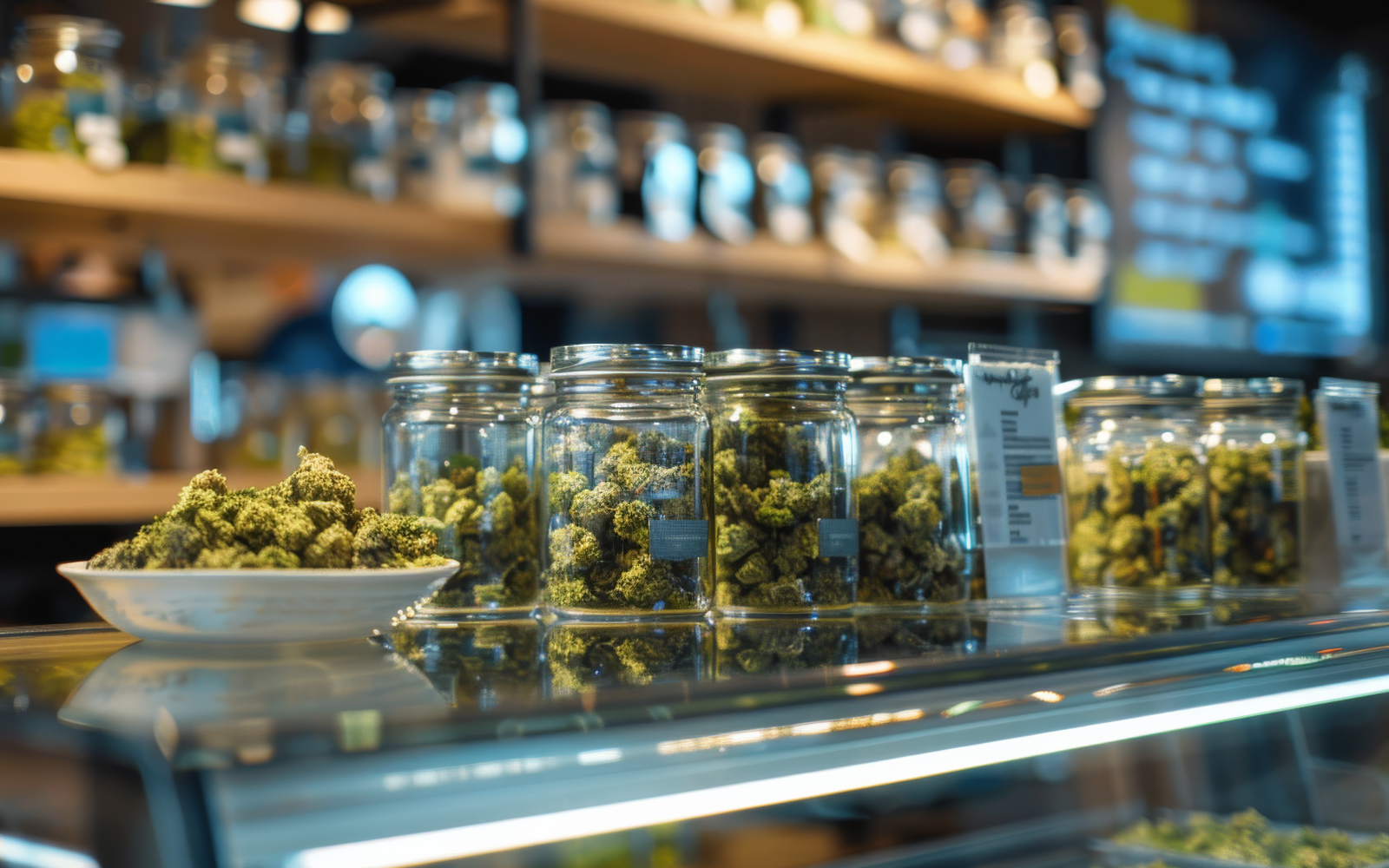Cannabis has recently gained a lot of fame because of the perceived health benefits. The effects that cannabis has on sleep arouse a lot of interest. More and more research shows that cannabis may benefit those who have trouble sleeping or other sleep issues. But how does cannabis help the body sleep better? Is it really helpful, or are the claims too big? This blog will look at the research behind cannabis and sleep, with a focus on how it can aid with insomnia.
What is Insomnia?
Before diving into how cannabis may affect sleep, it’s important to understand what insomnia is and how it can impact a person’s health. Insomnia is a sleep disorder characterized by difficulty falling asleep, staying asleep, or waking up too early and being unable to go back to sleep. These disruptions can lead to daytime fatigue, mood disturbances, difficulty concentrating, and even an increased risk of developing other health conditions, such as hypertension, heart disease, and diabetes.
Insomnia can be classified as either acute or chronic. Acute insomnia is typically short-term and may be triggered by stress, a traumatic event, or changes in routine. Chronic insomnia, on the other hand, lasts for at least three nights per week for three months or longer and often has underlying medical or psychological causes.
Traditional treatments for insomnia include over-the-counter medications, prescription sleep aids, and cognitive behavioral therapy (CBT). However, many people turn to alternative treatments, such as cannabis, for relief from their sleep problems. Let’s take a closer look at how cannabis may be able to help.
How Does Cannabis Work in the Body?
Cannabis contains over 100 different cannabinoids, but the two most well-known are tetrahydrocannabinol (THC) and cannabidiol (CBD). These cannabinoids interact with the body’s endocannabinoid system (ECS), a complex network of receptors and neurotransmitters that plays a key role in regulating various physiological processes, including mood, appetite, pain, and sleep.
- THC (Tetrahydrocannabinol): THC is the primary psychoactive compound in cannabis. It binds to the CB1 receptors in the brain and central nervous system, producing a “high” feeling. While THC is often associated with recreational cannabis use, it has also been shown to have therapeutic effects. In the context of sleep, THC has sedative properties that may help induce sleep, especially in people who suffer from insomnia.
- CBD (Cannabidiol): Unlike THC, CBD is non-psychoactive, meaning it does not produce a high. It has gained popularity for its potential medicinal properties, which include reducing anxiety, relieving pain, and promoting relaxation. Research suggests that CBD may help improve sleep quality by addressing underlying issues such as anxiety or chronic pain that may be interfering with sleep.
- Other Cannabinoids and Terpenes: Beyond THC and CBD, cannabis contains a variety of other cannabinoids and terpenes (the aromatic compounds found in cannabis and many other plants). Some of these may also play a role in promoting sleep. For instance, CBN (Cannabinol) is thought to have sedative effects, and certain terpenes like myrcene and linalool are believed to have calming and relaxing properties.
How Cannabis Affects Sleep
Research into the effects of cannabis on sleep is still in its early stages, but several studies have provided valuable insights into how cannabis may help with insomnia.
- THC and Sleep Onset:
One of the most well-established effects of THC is its ability to reduce the time it takes to fall asleep. In a study published in the Journal of Clinical Psychopharmacology, participants who used cannabis with higher levels of THC reported falling asleep more quickly than those who used a placebo. THC is believed to have a sedative effect on the central nervous system, which may help individuals with insomnia fall asleep faster.
- THC and Sleep Duration:
THC has also been shown to increase sleep duration, particularly in people who have difficulty staying asleep. A study published in Sleep journal found that participants who consumed cannabis with THC experienced longer periods of deep, restorative sleep. THC may help prevent frequent awakenings during the night, which is a common issue for people with insomnia.
- CBD and Sleep Quality:
While THC may help with sleep onset and duration, CBD may play a role in improving sleep quality. Research suggests that CBD may help reduce anxiety and stress, two common contributors to insomnia. In a study published in The Permanente Journal, participants who took CBD reported improvements in both sleep and anxiety within a month. By reducing anxiety levels, CBD may allow individuals to fall asleep more easily and stay asleep throughout the night.
- The Synergistic Effects of THC and CBD:
Some research suggests that a combination of THC and CBD may provide the most effective results for individuals with insomnia. The two cannabinoids work synergistically to promote relaxation and alleviate the underlying causes of sleep disturbances. A study published in Frontiers in Pharmacology found that a balanced ratio of THC and CBD helped improve sleep quality without causing excessive sedation or negative side effects.
Benefits of Cannabis for Insomnia
- Promotes Relaxation:
One of the most common causes of insomnia is stress and anxiety. Cannabis, particularly CBD, has been shown to reduce anxiety and promote a sense of calm. This relaxation effect can help individuals who are unable to sleep due to racing thoughts or stress. For some, the sedative effects of THC further enhance this relaxation, making it easier to drift off to sleep.
- Improves Sleep Onset:
Many people with insomnia struggle with the initial phase of falling asleep. Cannabis, especially THC, may reduce the time it takes to fall asleep, allowing individuals to experience more restful sleep. This can be especially beneficial for those who suffer from acute insomnia or have difficulty turning off their minds at night.
- Reduces Nighttime Awakenings:
Another common issue for people with insomnia is waking up multiple times throughout the night. THC has been shown to increase the amount of time spent in the deeper stages of sleep, which may reduce the frequency of nighttime awakenings. This can lead to more restorative sleep and help individuals feel more rested in the morning.
- Relieves Pain:
For individuals whose insomnia is caused by chronic pain conditions, cannabis may provide a dual benefit. THC and CBD have both been shown to have pain-relieving properties. By alleviating pain, cannabis may help individuals fall asleep and stay asleep without the discomfort that would otherwise keep them awake.
Conclusion
Cannabis shows significant promise as a natural remedy for insomnia, offering benefits like reduced sleep onset time, improved sleep quality, and longer sleep duration. THC is effective for those struggling with sleep onset or staying asleep, while CBD is helpful for insomnia linked to anxiety or chronic pain. The combination of THC and CBD may provide more comprehensive relief. However, cannabis isn’t a one-size-fits-all solution, and its effects vary. It’s crucial to consult a healthcare provider, especially for those with underlying conditions or other medications. As research advances, cannabis remains a promising alternative to traditional sleep aids.







